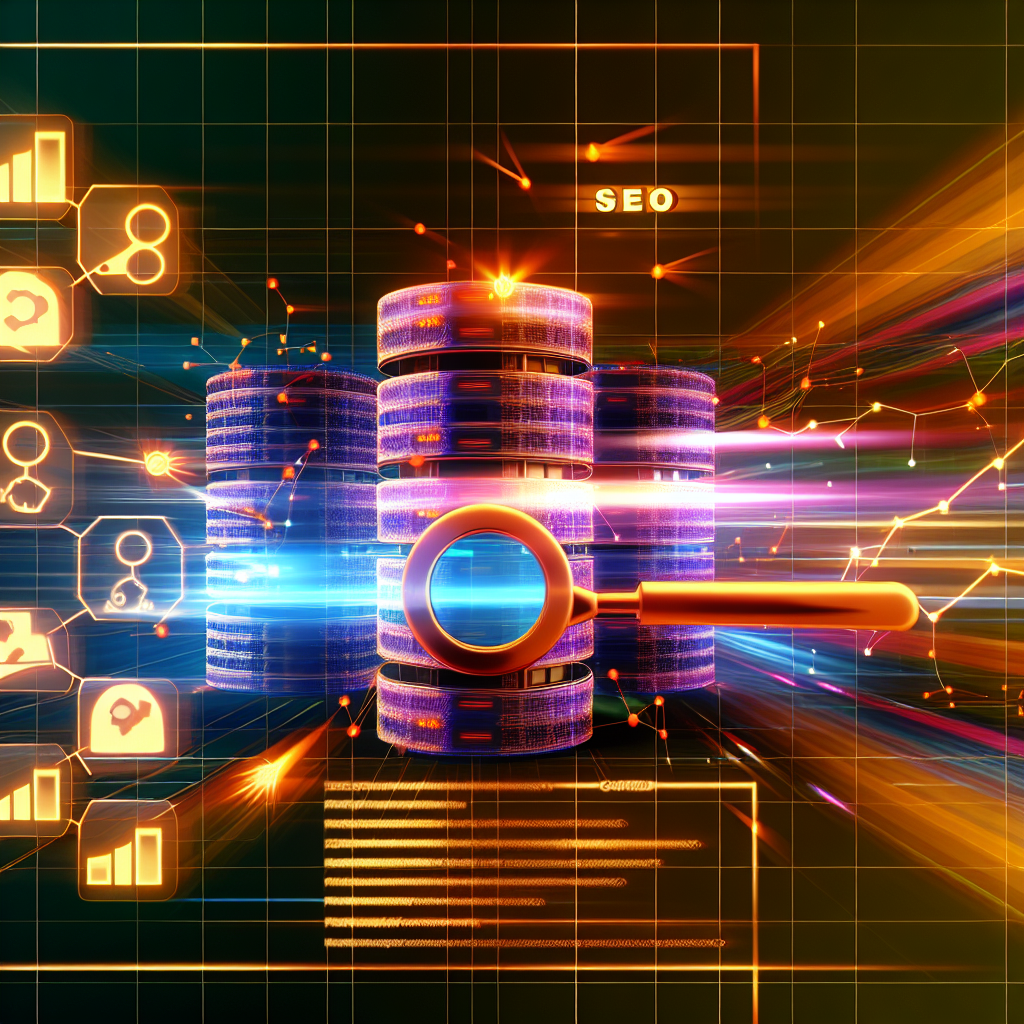The Future of SEO: How AI and Machine Learning Are Transforming Digital Marketing
Introduction
Search Engine Optimization (SEO) has been a cornerstone of digital marketing for over two decades, evolving through numerous algorithmic shifts and technological advancements. However, the rise of artificial intelligence (AI) and machine learning (ML) has redefined how search engines understand, rank, and prioritize content. For C-suite marketing executives and SEO professionals, harnessing AI-driven SEO strategies is no longer optional but essential for maintaining a competitive advantage.
Google’s search algorithms, powered by AI systems such as RankBrain and BERT, are increasingly sophisticated in their ability to analyze search intent, context, and relevance. Traditional SEO techniques like keyword stuffing and backlink quantity are now being outperformed by AI-driven strategies focused on semantic search, user engagement, and predictive analytics. AI is not just improving search engine algorithms but is also empowering marketers with automation tools and insights that were previously inconceivable.
Additionally, machine learning is revolutionizing the way marketers analyze consumer behavior, detect emerging trends, and craft highly targeted content. AI-powered tools such as ChatGPT by OpenAI, Google’s MUM (Multitask Unified Model), and AI-driven content optimization platforms like Clearscope and Surfer SEO are helping marketers fine-tune content creation and audience targeting with precision. These advancements enable SEO practitioners to automate tasks such as keyword research, content structuring, competitive analysis, and technical SEO optimization.
As AI continues to evolve, its ability to personalize user experiences, predict search trends, and automate repetitive tasks will redefine how marketing strategies are crafted. This transformation presents both opportunities and challenges for C-suite marketing professionals who must align their SEO and content strategies with the rapidly evolving digital landscape. Understanding and implementing AI-driven SEO is no longer just about improving search rankings—it’s about future-proofing a brand’s digital presence and enhancing overall marketing efficiency in an increasingly AI-driven marketplace.
In this article, we will explore how AI and machine learning are transforming SEO, highlight key professional studies supporting these advancements, and offer strategic insights for C-suite executives looking to leverage AI in their SEO strategies.
How AI and Machine Learning Are Reshaping SEO
AI and machine learning in SEO are not just theoretical concepts; numerous studies and industry analyses have examined their impact on digital marketing strategies. A study conducted by Moz found that AI-driven search engines prioritize search intent over direct keyword matches, making traditional keyword-focused SEO less effective than content tailored for user intent and contextual relevance [[1]](https://moz.com/blog/google-algorithm-updates). This aligns with Google’s emphasis on natural language processing (NLP) models like BERT, which improve search results by better understanding language nuances.
Furthermore, research from Google AI highlights the role of machine learning in refining search algorithms to enhance user experience by predicting and surfacing more relevant results. Google’s Search Quality Evaluator Guidelines indicate that expertise, authority, and trustworthiness (E-A-T) are key factors in ranking, pushing marketers to create authoritative content rather than just optimize for search engines [[2]](https://ai.googleblog.com/).
The Role of AI-Driven Predictive Analytics in Content Strategy
A study published by McKinsey & Company emphasizes how AI-driven analytics can unlock deeper consumer insights, improving personalization and predictive content strategies [[3]](https://www.mckinsey.com/business-functions/mckinsey-analytics/our-insights/leadership-in-the-age-of-ai). By analyzing vast datasets in real time, AI can anticipate search trends, allowing marketers to craft content before demand peaks. This predictive capability is crucial in competitive industries where early content creation can lead to first-mover advantages in SERPs.
Moreover, a report by Gartner projects that by 2025, AI will power 80% of all digital marketing initiatives, including SEO, through automated tools that optimize and adjust campaigns in real-time [[4]](https://www.gartner.com/en/research/methodologies/gartner-predicts-2025). Machine learning algorithms are now applied in technical SEO audits, optimizing crawl budgets, and improving site architectural efficiencies. Platforms like Google Search Console Insights and Semrush’s AI-driven SEO tools provide valuable real-time recommendations based on historical and competitor data analysis.
Voice Search Revolution: How AI Assistants Are Changing SEO
Additionally, voice search and AI-driven assistants like Google’s Assistant, Amazon’s Alexa, and Apple’s Siri are changing the way users interact with search engines. According to a study by PwC, 71% of consumers now prefer voice search for queries, reinforcing the need for SEO strategies that address natural language processing (NLP) and conversational search [[5]](https://www.pwc.com/us/en/industries/tmt/library/consumer-intelligence-series/voice-assistants.html).
These insights confirm that AI and ML are not future concepts but present realities shaping the SEO industry. Forward-thinking marketing executives who understand and integrate these technologies into their SEO strategies will achieve better user engagement, higher search rankings, and more efficient digital marketing operations.
Conclusion: Future-Proofing SEO with AI
AI and machine learning have fundamentally reshaped SEO, shifting its focus from keyword-centric strategies to user intent optimization, predictive analytics, and automation. As these technologies evolve, C-suite marketing professionals must embrace AI-driven tools, build data-driven SEO models, and align content strategies with AI-powered search trends. The future of SEO is intertwined with AI; leveraging this transformation will define which brands emerge as leaders in the AI-driven digital marketing era. Now is the time to invest in AI-powered SEO strategies to stay competitive and future-proof digital growth.
**Summary:**
This blog post explores how AI and machine learning are transforming the field of Search Engine Optimization (SEO). It discusses how AI-driven search algorithms, predictive analytics, and voice search are reshaping the way marketers approach content creation, audience targeting, and search engine optimization. The post highlights key industry studies and insights, underscoring the importance for C-suite executives to embrace AI-powered SEO strategies to maintain a competitive edge in the evolving digital landscape.

Dominic E. is a passionate filmmaker navigating the exciting intersection of art and science. By day, he delves into the complexities of the human body as a full-time medical writer, meticulously translating intricate medical concepts into accessible and engaging narratives. By night, he explores the boundless realm of cinematic storytelling, crafting narratives that evoke emotion and challenge perspectives.
Film Student and Full-time Medical Writer for ContentVendor.com
